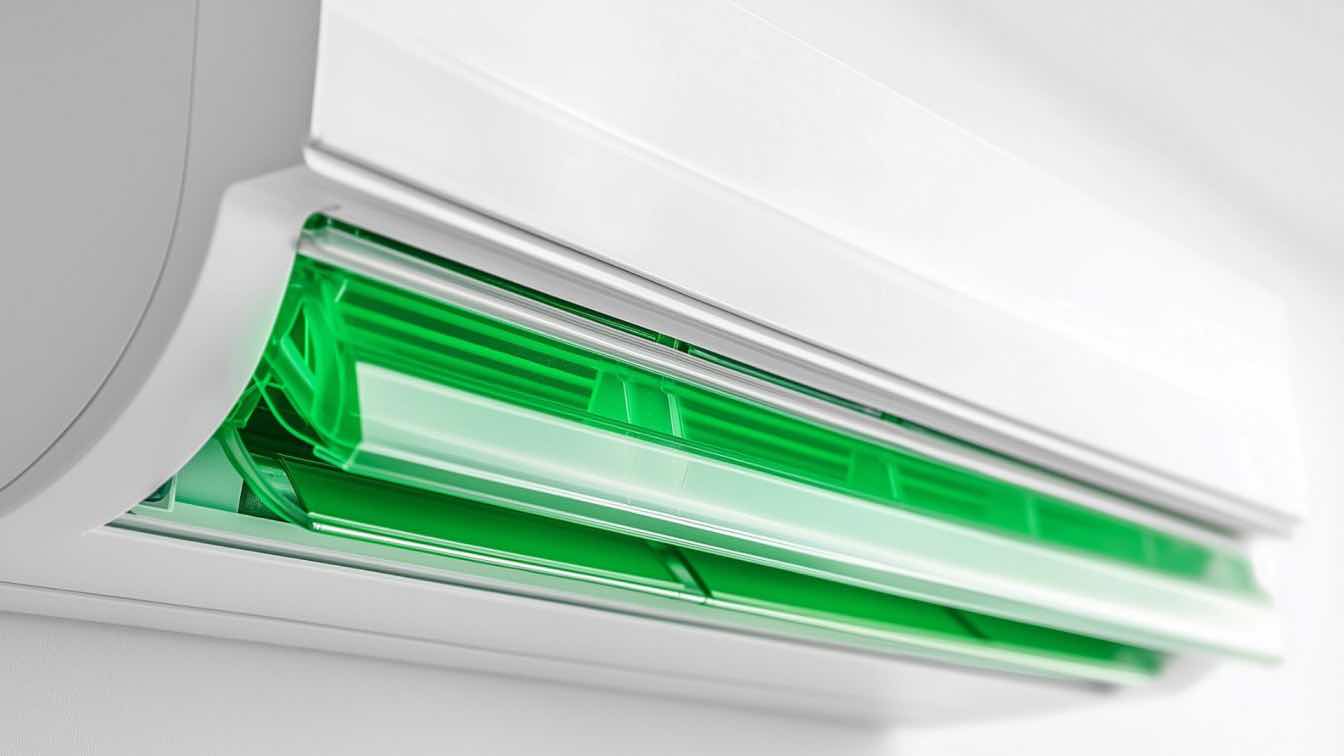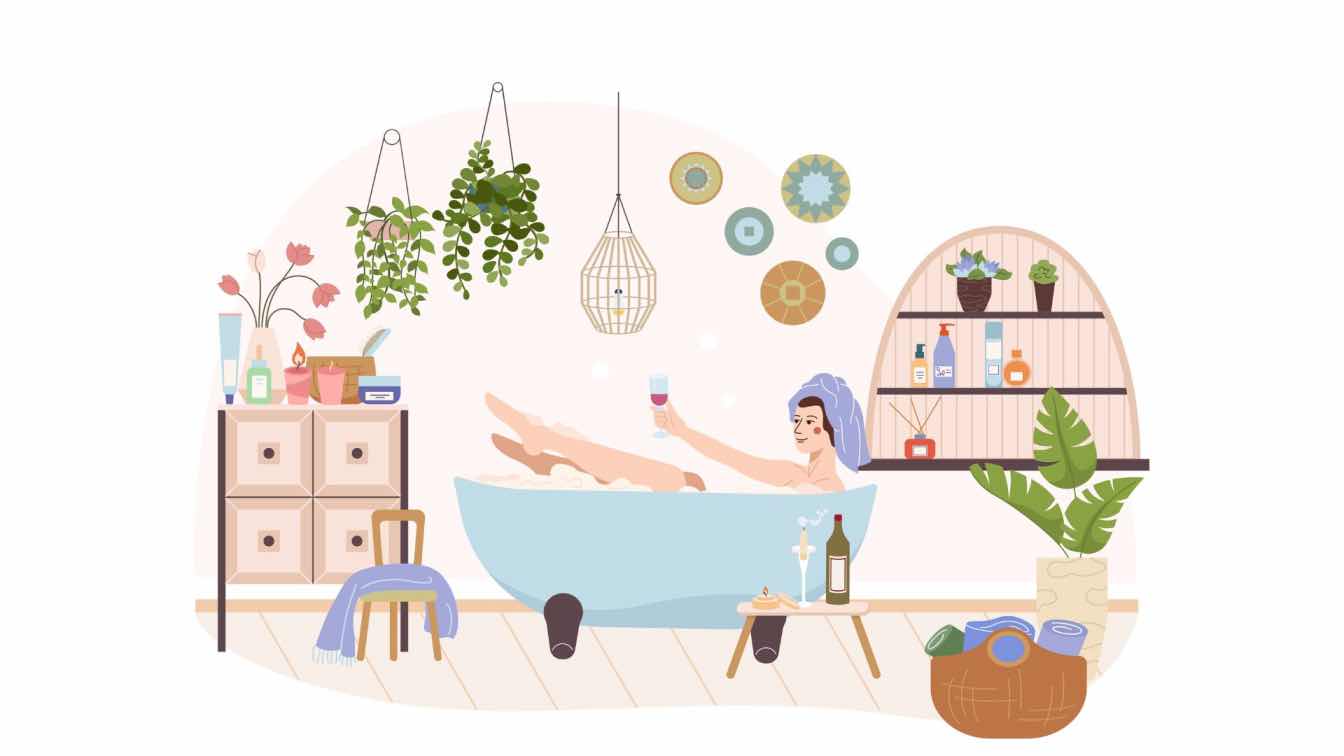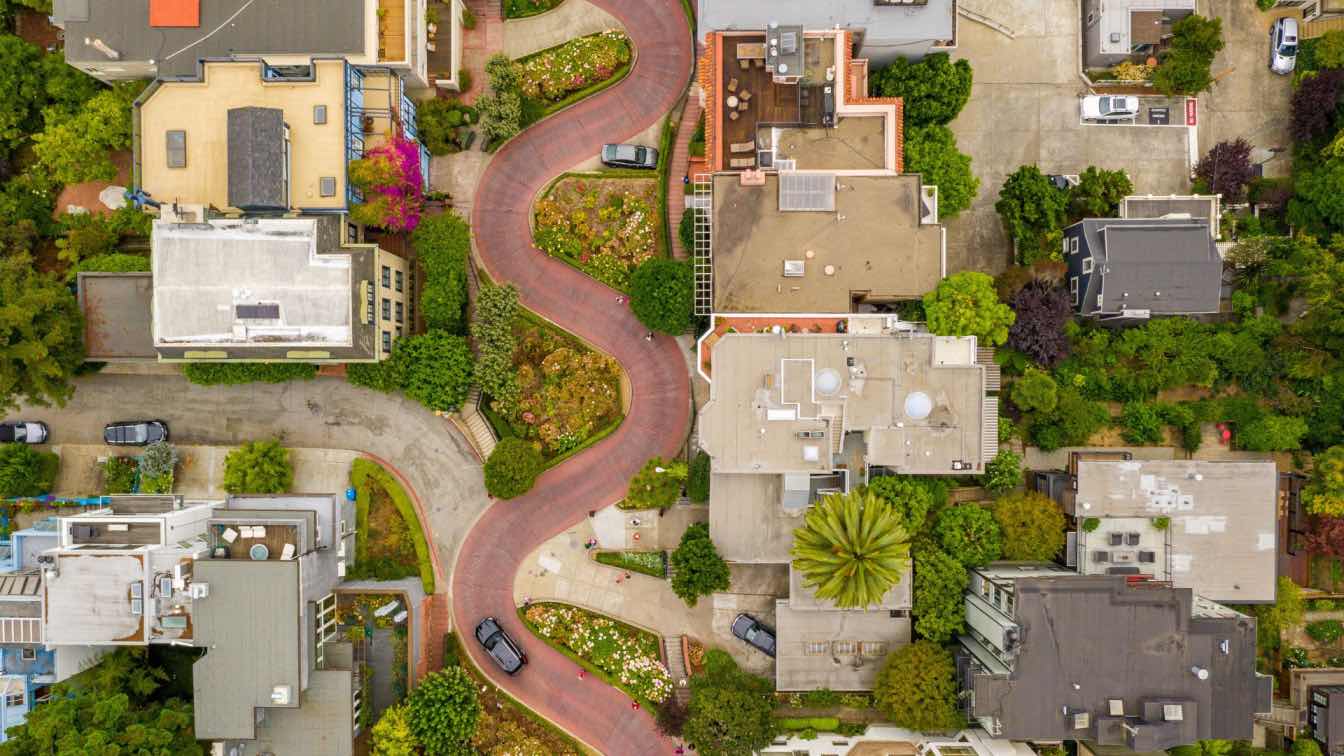A well-functioning HVAC system is essential for maintaining a comfortable indoor environment throughout the year. Whether dealing with the sweltering heat of summer or the biting cold of winter, an efficient HVAC system ensures your home remains at the ideal temperature while keeping energy costs in check.
Many homeowners, however, overlook simple maintenance practices that can significantly enhance the performance and longevity of their heating and cooling systems. By implementing the right strategies, you can improve energy efficiency, reduce the likelihood of costly repairs, and extend the lifespan of your HVAC system.
Read on to learn some tips for boosting HVAC performance.
Regularly Replace or Clean Air Filters
Air filters can help maintain HVAC efficiency by trapping dust, pollen, and other airborne particles. Over time, these filters become clogged, restricting airflow and forcing the system to work harder. This added strain can reduce efficiency, increase energy consumption, and lead to unnecessary wear and tear.
Hence, it’s essential to change disposable filters every 1-3 months, depending on usage and environmental factors. Clean reusable filters according to manufacturer recommendations and consider using high-efficiency particulate air (HEPA) filters to improve indoor air quality and reduce allergens.
Moreover, trusting a team of professionals who understand how to maximize efficiency and extend the life of your home heating system is essential to keep you warm for years to come.
Schedule Annual HVAC Inspections
Routine inspections by a qualified HVAC technician can help detect potential issues before they become costly problems. A professional can assess your system’s components, clean necessary parts, and perform preventive maintenance to ensure peak efficiency.
Therefore, having a technician inspect and tune up your system at least once a year is best. Address minor concerns promptly to prevent them from escalating and ask your technician about duct cleaning if you notice excessive dust buildup or reduced airflow.
Optimize Thermostat Settings
Proper thermostat use can make a significant difference in energy savings and HVAC performance. Many homeowners leave their thermostat at a constant temperature, leading to unnecessary energy consumption.
To optimize thermostat settings, invest in a programmable or smart thermostat to adjust temperatures based on your schedule. Set the thermostat slightly lower in winter and higher in summer when away from home. Lastly, use zoning systems, if possible, to customize temperatures for different areas of your home.
Improve Home Insulation and Sealing
Poor insulation and air leaks can make your HVAC system work harder to maintain indoor temperatures. Ensuring proper insulation and sealing gaps around doors and windows can enhance efficiency and comfort.
To improve home insulation and sealing, it can be a good idea to add insulation to attics, walls, and basements to prevent heat loss. Seal gaps and cracks with weatherstripping or caulk and use energy-efficient windows and doors to minimize drafts and lower energy bills.
Maintain the Outdoor Unit
The outdoor condenser unit plays a vital role in your HVAC system’s performance. If it becomes clogged with debris, dirt, or vegetation, airflow can be restricted, leading to inefficiencies and potential damage.
Hence, keep the area around the unit clear of leaves, grass clippings, and other debris. Trim any vegetation at least two feet away from the unit to allow proper airflow and clean the unit’s coils with a garden hose or specialized coil cleaner at least once a year.
Ensure Proper Airflow Throughout the Home
 Image © Viktoriia
Image © Viktoriia
Blocked vents and closed-off rooms can disrupt airflow and strain the HVAC system. Ensuring that air circulates efficiently throughout your home can help maintain a consistent temperature and reduces system workload.
To ensure proper airflow throughout the home, keep vents and registers clean and unblocked by furniture or curtains. Use ceiling fans to distribute warm or cool air more effectively and check for duct leaks that could reduce airflow and cause inefficiencies.
Upgrade to Energy-Efficient Equipment
Older HVAC systems tend to be less energy-efficient, leading to higher utility bills and more frequent repairs. If your system is over 10-15 years old, upgrading to a modern, high-efficiency model can be a worthwhile investment.
Because of this, it’s crucial to look for ENERGY STAR®-rated equipment that meets efficiency standards. Also, consider a variable-speed furnace or heat pump for better temperature control and evaluate ductless mini-split systems for targeted heating and cooling in specific areas.
Utilize HVAC Zoning Systems
Zoning systems are used to divide your home into various temperature zones, enabling you to heat or cool only the areas in use. This approach increases comfort while reducing energy consumption. Therefore, start installing motorized dampers in ductwork to control airflow to different zones.
Moreover, use individual thermostats for each zone to adjust temperatures accordingly and pair zoning with a smart thermostat for optimal automation and efficiency.
Monitor Humidity Levels
Excess humidity in summer and dry air in winter can affect HVAC performance and indoor comfort. Proper humidity control can improve system efficiency and indoor air quality. To monitor humidity levels, use a dehumidifier to maintain humidity levels between 30-50% in warm months.
Furthermore, install a humidifier in winter to prevent dry air that can strain your heating system and ensure proper ventilation in areas prone to moisture buildup, such as bathrooms and kitchens.
Consider Renewable Energy Solutions
If you’re looking to further enhance efficiency and reduce energy costs, integrating renewable energy sources with HVAC systems can be a game-changer. Hence, install solar panels to power HVAC equipment and lower electricity bills. Use geothermal heat pumps that leverage the earth’s natural temperature for heating and cooling.
Lastly, explore hybrid HVAC systems that combine traditional heating methods with renewable energy sources.
Final Thoughts
Enhancing HVAC efficiency requires a combination of proactive maintenance, smart upgrades, and energy-conscious habits. By implementing these strategies, you can extend the life of your air conditioning systems, reduce energy costs, and enjoy a comfortable indoor environment year-round.





